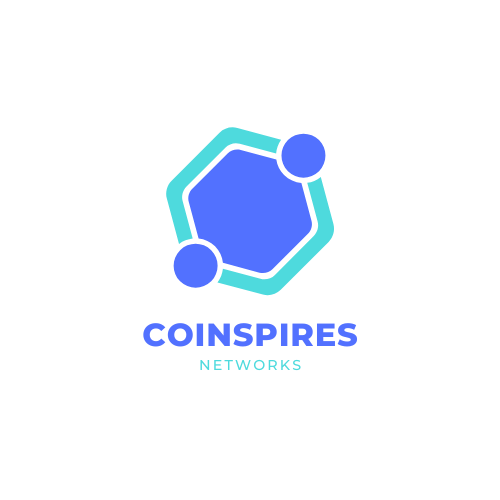Blockchain is one of the most innovative and impactful technologies of the last decade. Initially applied in digital currencies like Bitcoin, blockchain is now being used across various industries. With its decentralized structure and high security, it has the potential to transform economic interactions, data storage, and even voting systems. This article explores the basics of blockchain, its applications, and how to learn this technology effectively.
What is Blockchain?
Blockchain is a chain of blocks, where each block contains a set of data that is added to the chain after being verified by the network. The core feature of blockchain is its decentralization; no single entity has control over the data. Any changes or additions to the blockchain require network verification, significantly enhancing security and transparency.
Why is Blockchain Education Important?
With the growing use of blockchain across industries such as finance, logistics, healthcare, and government, the demand for skilled professionals capable of implementing this technology is also increasing. Additionally, blockchain education helps individuals gain new skills and better understand how digital currencies like Bitcoin and Ethereum function.
Key Topics in Blockchain Education
1. Basic Concepts: Blockchain education starts with foundational topics such as defining blockchain, understanding its mechanisms, the importance of decentralization, and data storage methods.
2. Consensus Algorithms: Consensus algorithms (like Proof of Work and Proof of Stake) are essential in blockchain, helping to verify and add blocks to the chain.
3. Cryptography: Blockchain uses cryptographic methods to secure data. This part of the education covers public and private keys and data security mechanisms.
4. Types of Blockchain Networks: Various types of blockchains, including public, private, and hybrid, and their respective uses are discussed.
5. Smart Contracts: Smart contracts enable users to conduct automated transactions and agreements without intermediaries. Learning to program smart contracts with languages like Solidity is also part of blockchain education.
Benefits of Learning Blockchain
- Increased Job Opportunities: The demand for blockchain developers and experts is rising with the expansion of blockchain usage.
- Better Understanding of Digital Currencies: As blockchain is the backbone of digital currencies, learning it provides users with a deeper insight into how these currencies operate.
- Enhanced Security: Blockchain technology is highly effective in preventing data tampering, and learning it can help businesses improve their security.
Educational Resources for Learning Blockchain
1. Online Courses: Platforms like Coursera, Udacity, and Udemy offer comprehensive blockchain courses.
2. Books: Books such as "Blockchain Basics" and "Mastering Blockchain" can be useful learning resources.
3. Blogs and Articles: Specialized blogs and academic articles provide valuable information on blockchain.
4. Hands-on Practice: Working with blockchain platforms, like Ethereum, helps students gain practical skills.
Conclusion
Blockchain education is an exciting field to explore due to its wide range of applications and profound impact on different industries. In addition to reshaping data storage and transfer, this technology opens up many career opportunities. As blockchain continues to evolve, learning about it is highly recommended for students and anyone interested in information technology and finance.
